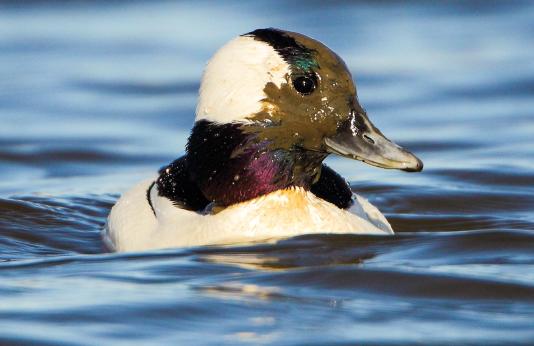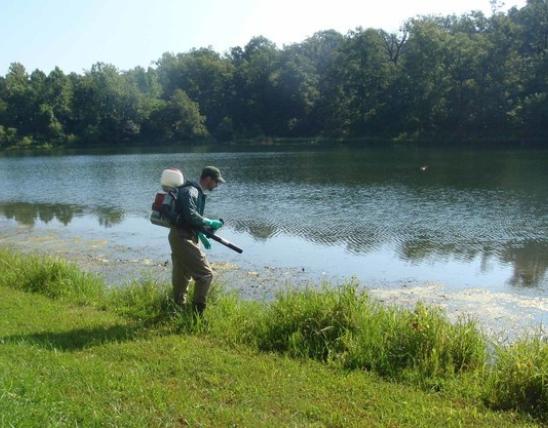Poison ivy! The name strikes fear in the hearts of many. But don’t let this plant keep you from enjoying the outdoors.
Poison ivy grows just about anywhere, including wet or dry woods, fields, fencerows and gravel bars. It comes in many shapes and sizes, but usually is a vine or low shrub. The leaves typically have a glossy surface, and occur at the end of long leaf stems. Remembering this jingle may help you identify the plant: “Leaflets of three, let it be. Berries white, poisonous sight.”
Contact with an oil found in all parts of the poison ivy plant can cause an itchy rash. But you don’t always have to touch the plant to contact the oil and develop the allergic reaction. The oil can stick to garden tools, boots and clothing, and dog or cat fur. It is also carried in the smoke of burning poison ivy.
If you think you’ve gotten into poison ivy, wash with cold water as soon as possible. You may still develop an itchy rash, but it may not be as severe.
In spite of its bad reputation, the poison ivy plant has redeeming value as important wildlife food. Deer browse on the leaves, and its fruits are a real treat for animals such as grouse, quail, wood ducks, squirrels and many songbirds.
Avoid the itch of poison ivy! Found in every Missouri county and in every type of habitat, between 50 and 70 percent of people experience physical reactions to contact with the plant. Learn more in the video below.
Poison Ivy: Not So Bad!
Did you know? Poison ivy is a nuisance to people, but it provides considerable wildlife value:
- The white, waxy berries are a popular food for songbirds during fall migration and in winter when other foods are scarce.
- Robins, catbirds and grosbeaks especially like the berries.
- Many birds feed on insects hiding in the tangled vines.
- Small mammals and deer browse on the poison ivy foliage, twigs and berries.
Make sure to leave thickets or swags of poison ivy in remote areas on your property. Your wildlife will appreciate it!
For more on poison ivy, visit the MDC’s website.




Recent Posts
























